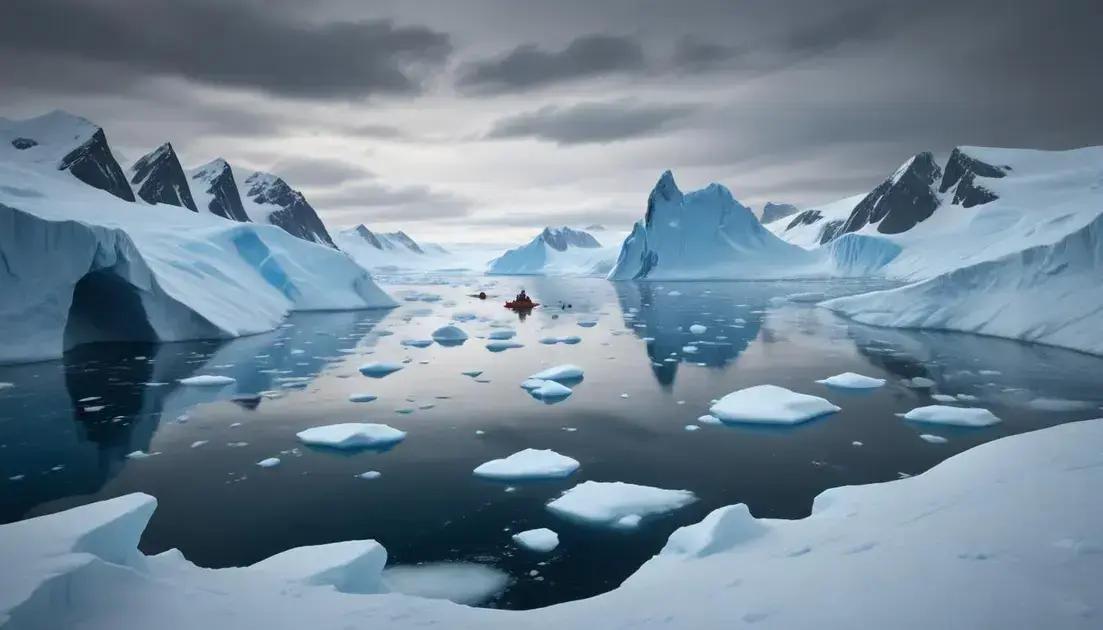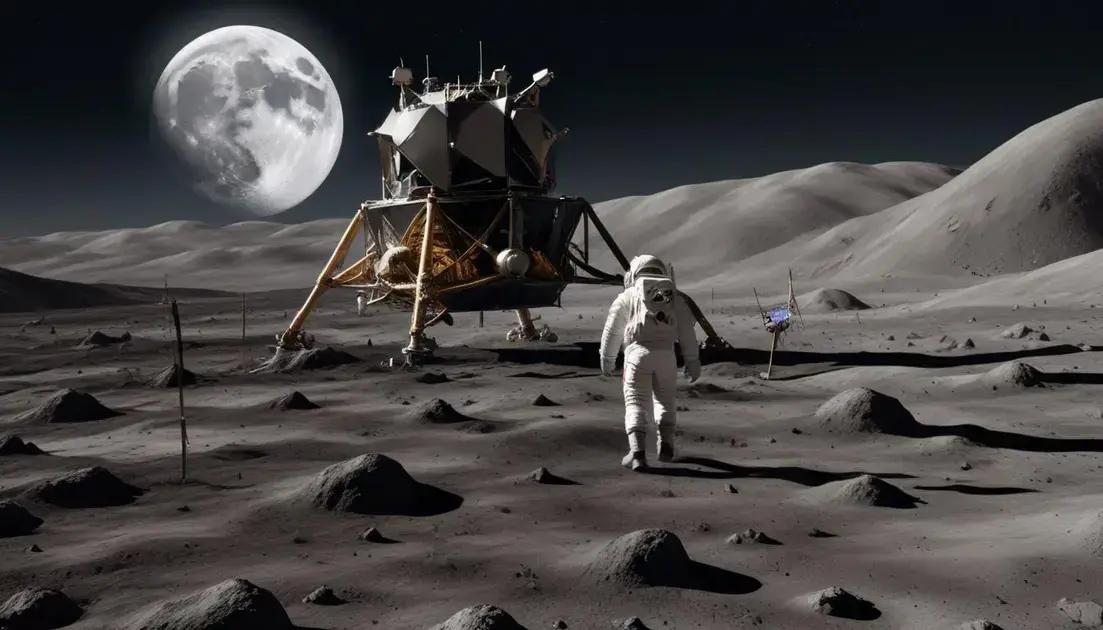
Antarctica: The Last Frontier Discovered
The future of Antarctic research is set to benefit from innovative technologies and international collaboration, focusing on the impacts of climate change and wildlife preservation. Scientists are eager to utilize advanced tools for data collection and analysis, ensuring greater understanding of this unique environment. Educating the public about Antarctica’s significance will foster a new generation of researchers committed to conservation and sustainability.
In the quest for the last great land of the planet, Antarctica remains a beacon of mystery. What secrets does it hold?
The Discovery of Antarctica
The discovery of Antarctica is an exciting chapter in the history of exploration. It began back in the 19th century. Many sailors set out on daring voyages to see what lay beyond the ice.
Early Explorers
One of the first recorded sightings was in 1820. A Russian expedition, led by Fabian Gottlieb von Bellingshausen, spotted the coast. This was a crucial moment. It marked the start of human interest in the frozen continent.
Challenges Faced
Traveling to Antarctica was not easy. Explorers faced huge icebergs, freezing temperatures, and strong winds. They had to use sturdy ships and well-prepared crews. Each journey was dangerous but filled with the hope of new discoveries.
Subsequent Expeditions
After the initial discovery, more expeditions followed. Famous explorers like Ernest Shackleton and Robert Falcon Scott aimed to reach the South Pole. Their stories of bravery and struggle endure even today.
These journeys helped scientists learn more about Antarctica’s geography and wildlife. They found unique species and rich ecosystems that play a vital role in our planet’s health.
Understanding Antarctica Today
Today, Antarctica remains a focus of research. Scientists study its climate, ice sheets, and unique ecosystems. Understanding these elements is essential as they impact our world.
Adventurers of the Icy Frontier
The icy frontier of Antarctica has always drawn brave adventurers. These explorers were driven by curiosity and a thirst for discovery. Many of them faced extreme challenges along the way.
Famous Adventurers
Some well-known explorers include Ernest Shackleton and Robert Falcon Scott. Shackleton’s expeditions were legendary. He showed remarkable leadership in harsh conditions, inspiring others to follow.
Life on the Ice
Living in Antarctica is tough. Temperatures can drop well below freezing. Explorers had to bring special gear to survive the cold. They used insulation and proper clothing to keep warm.
Endurance and Survival
Many adventurers faced dangerous situations. Food was often limited, and supplies could run low. They learned to improvise and work as a team. This cooperation was crucial for survival in the harsh environment.
Impact of Their Journeys
These adventurers contributed to our knowledge of Antarctica. They mapped the land and documented wildlife. Their stories taught us about resilience and teamwork.
Today, their spirit of adventure continues to inspire. People still seek to explore the mysteries of this icy land, drawn to its beauty and challenges.
The Environmental Impact of Exploration
The exploration of Antarctica has a significant effect on the environment. As adventurers charted new territories, they left footprints on the ice and wildlife. Understanding these impacts is crucial.
Footprint on the Ice
Explorers often set up camps and used vehicles. This activity can disturb fragile ecosystems. Even small changes can lead to long-lasting effects.
Wildlife Disruption
Human activities can disrupt local wildlife. Animals like penguins and seals are sensitive to changes. Noise and movement can scare them away from their habitats.
Global Warming and Research
Research in Antarctica reveals the effects of climate change. Ice melt and rising sea levels are serious concerns. Studies show how warming affects the delicate balance of life here.
Protecting the Environment
To minimize impacts, explorers follow specific guidelines. These rules help protect wildlife and preserve natural habitats. More awareness leads to safer exploration practices.
Efforts continue to balance exploration with environmental responsibility. Scientists and adventurers work together to ensure a sustainable approach to understanding this unique region.
Future of Antarctic Research
The future of Antarctic research looks promising and exciting. Scientists are eager to explore this unique region further. New technologies and methods will help advance our understanding of Antarctica.
Innovative Technologies
Advancements like drones and remote sensing are changing research. These tools can access places that humans cannot easily reach. They collect valuable data on the ice and wildlife.
Climate Change Studies
Research will focus on climate change impacts. Scientists want to learn more about ice melting and rising sea levels. Understanding these changes is vital for our global environment.
International Collaboration
Future studies will involve more countries. Scientists around the world are working together. This collaboration brings new ideas and resources to tackle tough questions.
Education and Awareness
Educating the public about Antarctica is important. Increased awareness encourages support for research and conservation. Programs can inspire young people to join scientific fields.
The next generation of researchers will continue the quest to uncover the mysteries of this icy realm. There’s so much more to discover about Antarctica’s role in the natural world.
Conclusion
In conclusion, the future of Antarctic research is bright and full of opportunities. New technologies and international teamwork are essential for understanding this unique place. As scientists explore the effects of climate change and learn about wildlife, their findings will help protect our planet.
Educational efforts will ensure that more people are aware of the importance of Antarctica. By inspiring the next generation, we can create a community that values research and conservation. Ultimately, continuing to study Antarctica will uncover many secrets and strengthen our commitment to the environment.


